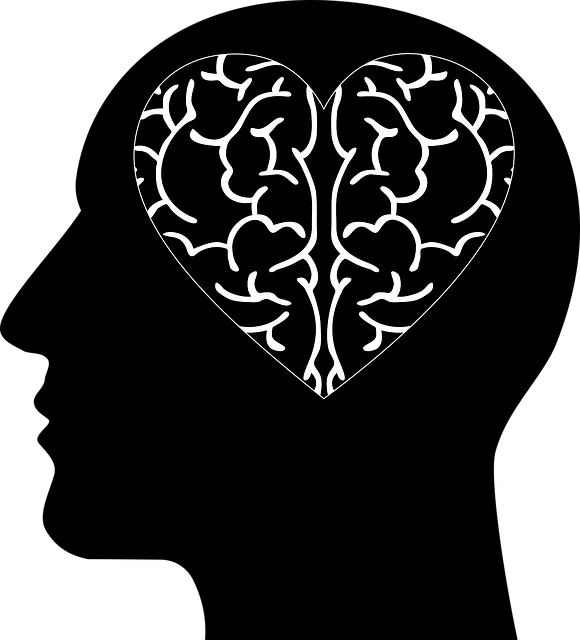The text emphasizes the negative impact of stigma on mental health care access, particularly at facilities like Kaiser's Centennial programs. To combat this, strategies focus on reducing stigma through open conversations, evidence-based practices (like Mindfulness Meditation), and Crisis Intervention Guidance. Kaiser's inpatient mental health services in Centennial represent a significant step towards breaking down these barriers, offering specialized care, safe spaces for recovery, and culturally sensitive practices. Community engagement, education, and training for healthcare providers play crucial roles in fostering understanding, empathy, and non-judgmental support, ultimately encouraging individuals to seek help without fear of stigma.
Mental illness stigma reduction is a critical component of fostering inclusive communities. This article explores the multifaceted efforts aimed at easing societal judgment, focusing on Kaiser’s inpatient mental health services in Centennial and community engagement strategies. We delve into how these initiatives, backed by research, enhance access to care. Understanding the profound impact of stigma on mental health treatment-seeking behaviors, we advocate for continued efforts to destigmatize mental illness through education and support systems, as demonstrated by Kaiser’s leading role in Centennial.
- Understanding the Impact of Stigma on Mental Health Care Access
- Kaiser's Inpatient Mental Health Services in Centennial: A Step Towards Reduction
- Community Engagement and Education: Key Strategies for Long-Term Change
Understanding the Impact of Stigma on Mental Health Care Access

The impact of stigma on mental health care access cannot be overstated. When individuals struggling with mental illness face societal stigma, they often hesitate to seek help for fear of judgment or discrimination. This can lead to delayed treatment, which in turn exacerbates symptoms and reduces the chances of recovery. Stigma creates a barrier, causing many to conceal their struggles and avoid seeking support from healthcare providers, including those offering services at facilities like Kaiser’s inpatient mental health Centennial programs.
Understanding the profound effect of stigma is crucial for developing effective strategies to reduce it. Mindfulness Meditation, Inner Strength Development, and Crisis Intervention Guidance are among the tools being employed to combat this issue. By fostering open conversations about mental health and promoting these evidence-based practices, communities can create a more supportive environment where individuals feel comfortable accessing needed care, such as inpatient services offered by providers like Kaiser.
Kaiser's Inpatient Mental Health Services in Centennial: A Step Towards Reduction

Kaiser’s Inpatient Mental Health Services in Centennial represents a significant step forward in the ongoing effort to reduce stigma surrounding mental illness. By offering specialized care within their facilities, Kaiser demonstrates a commitment to promoting emotional well-being and challenging societal perceptions. This initiative is crucial in fostering a more accepting environment for individuals seeking support for their mental health.
The inpatient services cater to a diverse range of needs, providing a safe and supportive space for recovery. With an emphasis on cultural sensitivity in mental healthcare practice, Kaiser ensures that treatment approaches are tailored to individual experiences and backgrounds. Additionally, the availability of crisis intervention guidance plays a vital role in timely support, addressing acute episodes and preventing further escalation. Such comprehensive services contribute to breaking down barriers and encouraging open conversations about mental health in the community.
Community Engagement and Education: Key Strategies for Long-Term Change

Community engagement and education play a pivotal role in reducing the stigma surrounding mental illness, especially in long-term efforts. By fostering open conversations about mental health within communities, individuals can develop a deeper understanding and empathy for those dealing with various psychological conditions. Kaiser’s inpatient mental health services in Centennial, for instance, can serve as a model for such initiatives. Community programs that offer Mental Wellness Journaling Exercise Guidance and Confidence Boosting workshops can empower residents to recognize the signs of mental illness and provide support without judgment.
Additionally, Healthcare Provider Cultural Competency Training is crucial in this context. Educating medical professionals to address mental health issues with sensitivity and cultural awareness ensures better patient care and helps dispel stereotypes. These collaborative efforts can lead to a more inclusive environment where people feel encouraged to seek help, eventually reducing the stigma associated with mental illness over time.
Mental illness stigma reduction is a multifaceted approach, with efforts ranging from healthcare access improvements, like Kaiser’s inpatient services in Centennial, to community engagement and education. By addressing these aspects holistically, we can foster a more inclusive environment, encouraging open conversations and supporting those facing mental health challenges. Understanding the impact of stigma and taking proactive steps towards change, such as Kaiser’s initiative, are vital to ensuring better outcomes for individuals seeking mental health care. Community involvement is key to sustaining long-term progress in reducing the stigma surrounding mental illness.






